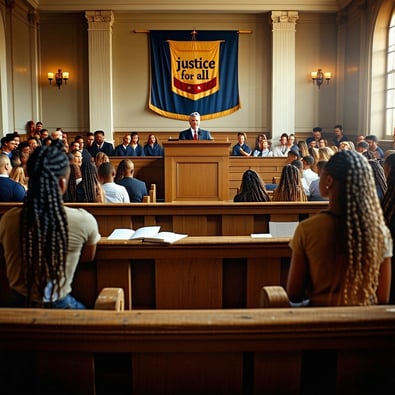In Six Nations, Canada’s most populous Indigenous reserve, a massive cannabis grow operation has become the center of a heated community dispute. What began quietly has sparked deep concern among residents, igniting fears over land use, transparency, and safety in a place already navigating the complex relationship between sovereignty and regulation.
Nancy Porter, a lifelong resident of the reserve, has been at the forefront of the opposition. She says she never received formal notice about the cannabis grow-op, now known as Legacy Farms, until she saw dozens of greenhouses being erected behind her family homestead—land once used for traditional farming. “This is where my mother raised her ten children,” Porter said. “Now strangers have reshaped the fields I roamed as a child.”
According to Porter, the rapid development disrupted natural drainage, causing repeated flooding on her property. Despite reaching out to the Six Nations Band Council and submitting her concerns in writing, she says she never received answers. “No information was given. Just silence,” she explained.
The Band Council asserts its Aboriginal right to create and enforce its own cannabis regulations, independent of Canadian federal or provincial laws.
Concerns extend beyond environmental disruption. Elders and long-time residents worry about the unknown faces working the fields. “They’re unknown to us,” said one community member. “This is the most populated area on the reserve—how could something this big go up in our backyard without our say?”
The owner of Legacy Farms, Aaron Porter, insists he followed all regulations laid out by the cannabis commission. “I have no outside partners,” he said. “I hired legal migrant workers through an Ontario-based agency. I wouldn’t bring criminals into a community I love.”
Still, Nancy Porter and others remain unconvinced. They fear the grow-op is symbolic of a larger issue: the erosion of local control and cultural values under the weight of a booming cannabis industry. “It’s like a pain that won’t go away,” she said. “And I won’t rest until it’s gone.”
As the greenhouses continue to stand tall in Six Nations, so too does the growing divide between those who see opportunity and those who see intrusion. Until there’s resolution, residents like Porter say they’ll continue their watch.





